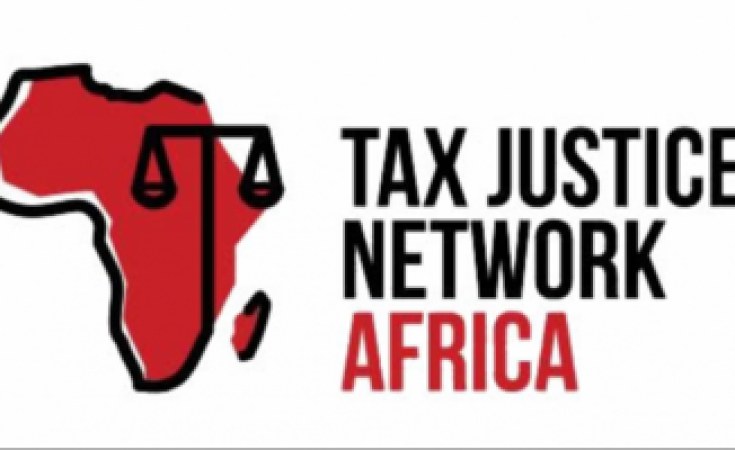The U.K. continues to lead the so-called “axis of tax avoidance,” which drains an estimated $151 billion from global coffers through corporate profit-shifting, a new report found.
Countries could lose $4.7 trillion in tax revenue over the next decade as multinational corporations and wealthy individuals continue to use tax havens to underpay taxes, according to a new report. And among the jurisdictions enabling the loss of public money, the report says, are those that set global tax rules.
The State of Tax Justice 2023, authored by advocacy group Tax Justice Network, identifies four countries responsible for the majority of global corporate tax loss, dubbing them “the axis of tax avoidance:” the United Kingdom, the Netherlands, Luxembourg and Switzerland.
The U.K., along with its so-called “second empire” — its overseas territories and crown dependencies — is responsible for nearly a quarter (24%) of such losses, making it “the world’s greatest enabler of global corporate tax abuse,” the reports says. The “second empire” has historically served as “satellite offshore jurisdictions” to facilitate illicit financial flows and corporate profit-shifting to tax-free territories.
Together, the U.K., the Netherlands, Luxembourg and Switzerland are responsible for more than half of the $301 billion lost to corporate tax abuse annually, TJN found, with an estimated $151 billion lost from $550 billion in corporate money moved to the four countries.
Each is also part of the Organization for Economic Co-operation and Development, a group of high-income countries that collects economic data and uses it to make recommendations on regulatory reforms, corporate governance and tax policy — not just for its members, but for the entire world.
The TJN report analyzed aggregate data for 47 countries collected by the OECD to estimate the potential $4.7 trillion tax revenue loss. But the real figure may be even higher, TJN warns, given the limitations of the OECD data and other studies on the topic. According to the analysis, the top 10 biggest contributors to the global problem of tax havens and financial secrecy are the U.K., the Netherlands, the Cayman Islands (a British overseas territory), Saudi Arabia, Luxembourg, Bermuda (a British overseas territory), the United States, Singapore, Ireland and Hong Kong.
This week, UN Secretary-General António Guterres published a draft report evaluating options for a new framework for international tax cooperation under UN auspices.
TJN has long called to shift responsibility for corporate tax standards from the OECD to the UN, and the group’s chair Irene Ovonji-Odida previously hailed Guterres’s willingness to consider such reforms as a historic chance to establish “a globally inclusive tax body.”
In a statement, Ovonji-Odida called taxes a “key tool to combat inequalities,” but said that “a fundamental obstacle is the ease with which powerful elites step outside of their social obligations — outside of their responsibilities to the societies they are a part of, and from which they profit.” Mostly, the tax dodging “takes the form of separating taxable income from the underlying assets and activities,” she added. “Profits made in one country are declared in another. Personal wealth is held through offshore entities, often secretly.”
While major economies experience the largest losses to offshore tax evasion in absolute numbers (about $169 billion annually), lower-income countries, which lose about $2 billion annually, “endure by far the deepest losses” in terms of overall tax revenue or spending on vital services such as health and education. According to TJN’s report, “In countries at all income levels, those who already find themselves most marginalized economically and socially will bear the brunt.”
The report says the problem of “rampant global tax abuse” has worsened over the past decade, despite OECD promises to curb it. The advocacy group reiterated its calls for substantial global reforms.
“Countries have a choice to make: forfeit the money now, and with it our future, to the wealthiest handful of people in the world,” the report says, “or claim it, and with it a future where the power of the wealthiest corporations and billionaires, like the kings and barons before them, is reined in by the march of democracy.”
Brenda Medina is an investigative reporter for ICIJ.


